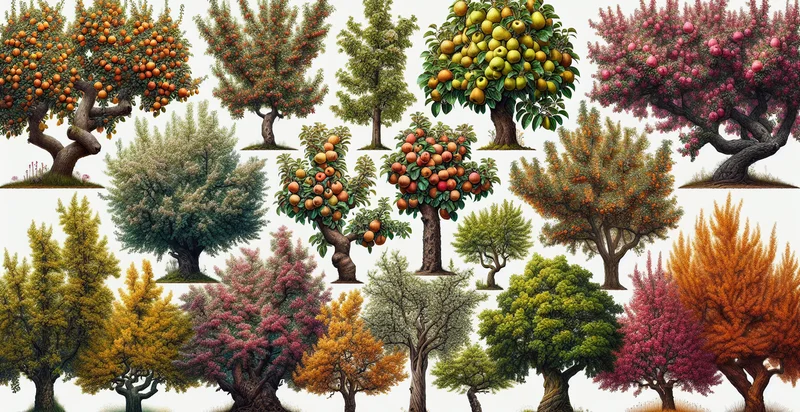Identify almond tree species
using AI
Below is a free classifier to identify almond tree species. Just upload your image, and our AI will predict what species of almond tree it is - in just seconds.

Contact us for API access
Or, use Nyckel to build highly-accurate custom classifiers in just minutes. No PhD required.
Get started
import nyckel
credentials = nyckel.Credentials("YOUR_CLIENT_ID", "YOUR_CLIENT_SECRET")
nyckel.invoke("almond-tree-species", "your_image_url", credentials)
fetch('https://www.nyckel.com/v1/functions/almond-tree-species/invoke', {
method: 'POST',
headers: {
'Authorization': 'Bearer ' + 'YOUR_BEARER_TOKEN',
'Content-Type': 'application/json',
},
body: JSON.stringify(
{"data": "your_image_url"}
)
})
.then(response => response.json())
.then(data => console.log(data));
curl -X POST \
-H "Content-Type: application/json" \
-H "Authorization: Bearer YOUR_BEARER_TOKEN" \
-d '{"data": "your_image_url"}' \
https://www.nyckel.com/v1/functions/almond-tree-species/invoke
How this classifier works
To start, upload your image. Our AI tool will then predict what species of almond tree it is.
This pretrained image model uses a Nyckel-created dataset and has 22 labels, including Belle D'Orange Almond, Bitter Almond, Canilla Almond, Carmel Almond, Catalina Almond, Diana Almond, Drake Almond, Filbert Almond, Harvest Almond and Kernels Almond.
We'll also show a confidence score (the higher the number, the more confident the AI model is around what species of almond tree it is).
Whether you're just curious or building almond tree species detection into your application, we hope our classifier proves helpful.
Related Classifiers
Need to identify almond tree species at scale?
Get API or Zapier access to this classifier for free. It's perfect for:
- Sustainable Farming Assistance: The almond tree species identifier can assist farmers in distinguishing between different almond tree varieties. By identifying the specific species, farmers can make informed decisions about pruning, pest control, and irrigation, ultimately leading to improved yields and sustainable practices.
- Research and Development: Agricultural research institutions can utilize this function to classify and study almond tree species in various environments. This information will support breeding programs aimed at developing resilient and high-yielding almond varieties suited to climate change adaptations.
- Quality Control in Nurseries: Nursery operators can implement the almond tree species identifier to ensure the correct species of almond trees are sold to customers. This can help maintain the nursery's reputation and reduce plant misidentification that leads to customer dissatisfaction.
- Biodiversity Conservation: Environmental organizations can utilize the identifier to monitor and protect rare or endangered almond tree species. By accurately classifying and mapping these trees, conservationists can develop targeted strategies for preserving diverse almond ecosystems.
- Market Analysis: Agribusiness analysts can leverage species identification data to observe market trends related to almond varieties. Understanding the popularity and demand for different species can inform planting decisions and investment strategies within the almond industry.
- Agricultural Tech Integration: AgTech companies can integrate the almond tree species identifier into their platforms for farmers. This can enhance decision-making tools by providing real-time identification data that informs crop management practices and optimizes operational efficiency.
- Educational Purposes: Educational institutions can use the almond tree species identifier for teaching and research purposes in botany and agriculture courses. This tool can help students learn about biodiversity and the importance of plant species classification in ecology and agriculture.


